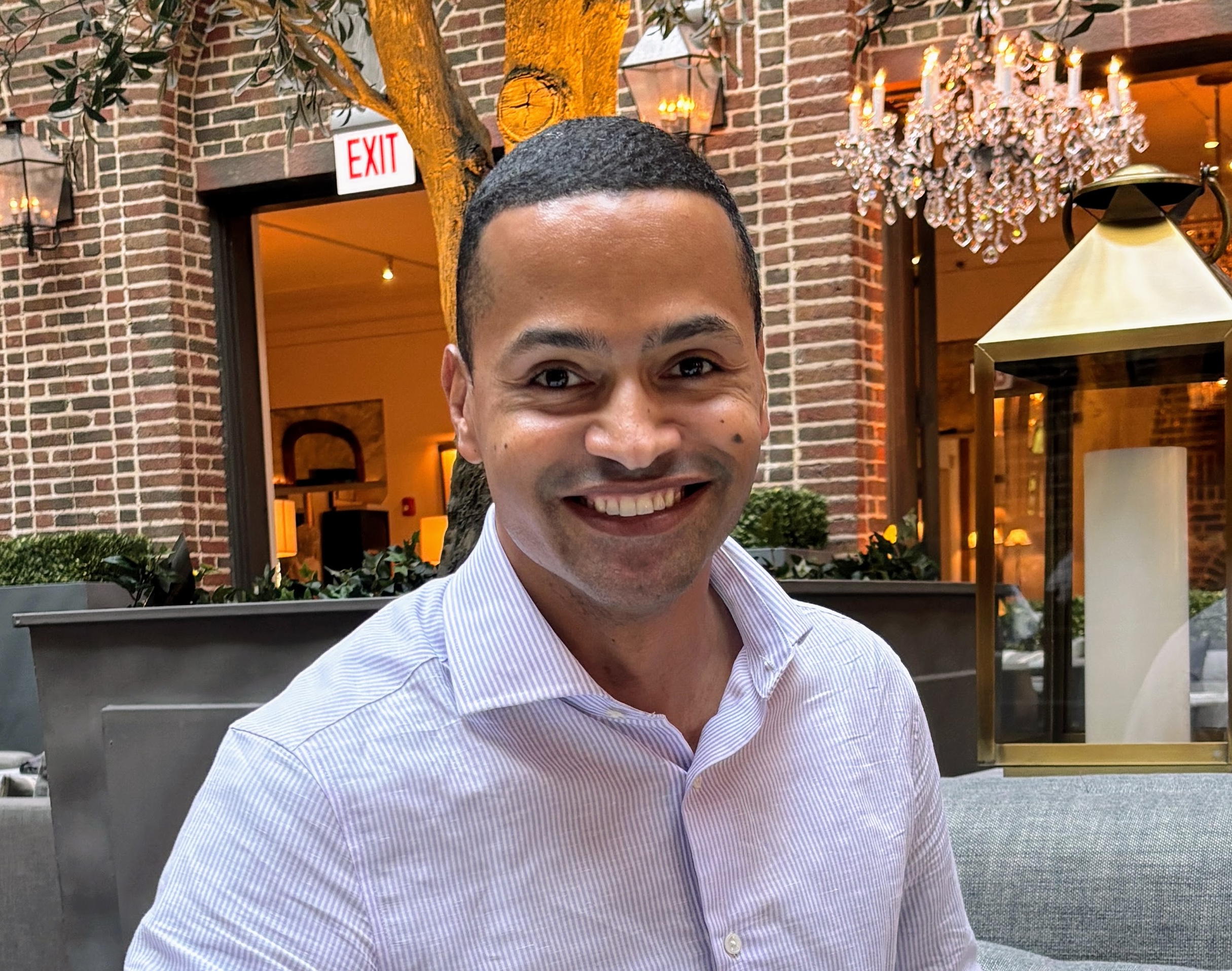for Webflow

José Martínez Hinestroza, Ph.D., is an associate professor in the Department of Bicultural-Bilingual Studies and the Department of Mathematics at the University of Texas at San Antonio (UTSA). Born and raised in Bogotá, Colombia, José earned his bachelor's degree in industrial engineering from Universidad de los Andes and worked in actuarial analysis at an insurance company. Later, he began teaching in kindergarten and elementary school in Medellín and pursued a master's degree, followed by a doctoral degree in Curriculum, Instruction, and Teacher Education from Michigan State University.
José was previously an assistant professor in elementary mathematics education at Texas State University, where he received the Presidential Distinction Award for Excellence in Teaching (2022), Research (2023), and Service (2024) at the assistant professor level in the College of Education. He taught elementary mathematics teaching methods courses in both the general and bilingual education programs. In 2023, he received the National Science Foundation CAREER Award. He recently joined UTSA as part of the University of Texas System Regents’ Research Excellence Program.
José’s experiences resisting marginalization based on his multiple identities sensitized him to recognize dehumanizing experiences in mathematics classrooms. This recognition motivates his research on affirming bilingual children’s non-normative ways of participating in mathematical activity. His work uses research methodologies that challenge epistemological hierarchies. Specifically, José follows a participatory research methodology, collaborating with children, as well as pre- and in-service teachers, not as a bearer of knowledge but with curiosity about the multiple—sometimes seemingly contradictory—perceptions that children, teachers, and researchers have about classroom phenomena. José has found that some dominant theoretical definitions have had a limiting effect on his ability to make sense of the richness and diversity of cultural practices and meanings he has encountered in elementary classrooms. Accordingly, he has argued that some well-intentioned—yet unexamined—teaching and research conceptualizations may marginalize Latinx bilingual children and teachers. With the help of participants, José has come to question taken-for-granted constructs, contributing to broadening what counts as legitimate ways of being and knowing in mathematics classrooms. He has questioned what it means to participate in a mathematics classroom and for whom, demonstrating what teachers and researchers can learn from bilingual children’s complex and multifaceted perspectives on their own participation. Relatedly, his research has highlighted underexplored sources of mathematical meaning in bilingual classrooms, such as silence, time, materiality, and aesthetics, and children’s invented words and translanguaging. Consistent with principles of participatory research in education, which value multiple ways of knowing and disseminating research findings to a broad audience, José has published together with collaborating teachers in practitioner-oriented journals questioning the constructs of agency, control in socio-emotional learning, and community building.
José’s classroom-based scholarly work informs his research on the preparation of pre- and in-service teachers to affirm Latinx bilingual children’s non-normative ways of participating. A central aspect of this effort is recognizing teachers’ perceptions of mathematics, as well as mathematics teaching and learning. Accordingly, his work has illustrated ways of developing reciprocal professional relationships that validate teachers’ experiences and expertise. In his teaching, José models the caring and professionalism he aspires his students to enact in their future classrooms. Engaging in rehumanizing practices that foster a stimulating and inclusive learning environment has been particularly important at the Hispanic Serving Institutions where he has taught.
His extensive service record underscores an unwavering dedication to global outreach and to rehumanizing the experiences of Latinx and Spanish-speaking children, teachers, and scholars by facilitating publication opportunities, enhancing mathematics teaching in early childhood, and strengthening connections between the University and the community. In his leadership roles in professional organizations and academic journals, José has helped amplify the voices of scholars from underrepresented communities. He currently serves as a co-editor for Teaching for Excellence and Equity in Mathematics and for Revista Educación Matemática. He previously served on the steering committee of the International Group for the Psychology of Mathematics Education-North America (PME-NA), chairing the scholarships sub-committee and the Spanish language strand for the annual conference.
“Hispanic Heritage Month is a time of remembrance, celebration, and a call to action as we highlight the Latinx community’s roots and contributions to our society. This recognition of our rich and diverse traditions and history honors the immigration journeys of our ancestors and our own. As the achievements of our communities are showcased and our tribulations revisited, this month offers an opportunity to uplift one another and educate the broader community.”